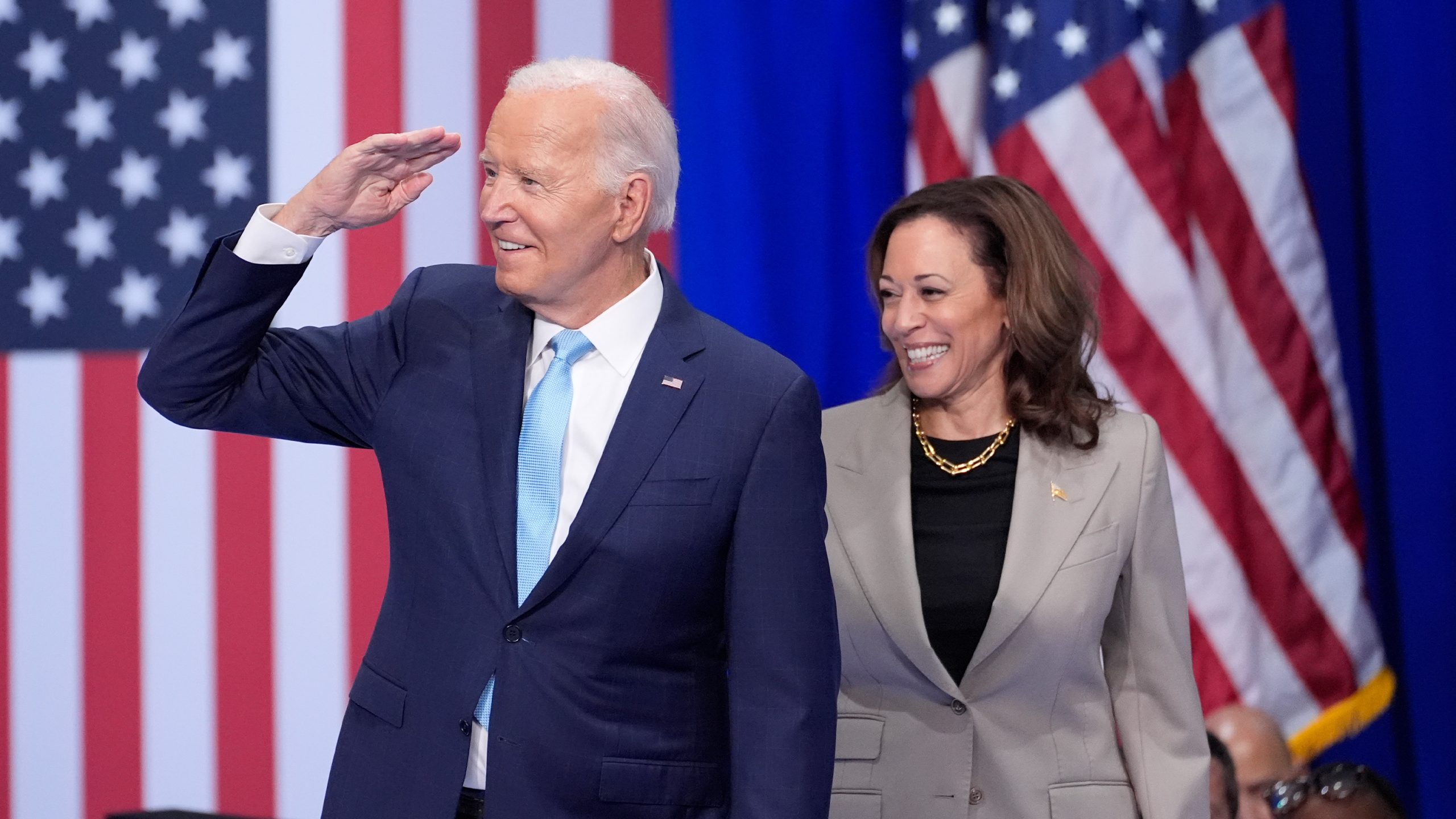The Illusion of Progress: A Deep Dive into Black Political Ascendancy
The journey of African Americans towards gaining political power in the United States has been marked by struggle and turbulence. The history of slavery and racial disparities, spanning from the notorious Black Codes to the discriminatory Jim Crow laws, has long undermined the societal and political freedoms of this influential demographic. Yet, relentless activism and tremendous sacrifices over the years have borne fruit, allowing them to ascend to positions of power in the nation’s capital, Washington D.C.
From the advent of the first Black president to the emergence of the first African American woman in Congress, there have indeed been remarkable strides in the political landscape. However, it’s important to question the overall impact and effectiveness of these figures within the broader context of American society and politics. The true test of power lies not in their individual accomplishments, but in their ability to enact meaningful and lasting change.
Breaking barriers in 1870, Hiram Rhodes Revels became the first African-American person in either chamber of the Congress when he was elected to the United States Senate. Born in North Carolina and serving as a minister in the African Methodist Episcopal Church, Revels made an unusual political leap after the Civil War, from serving as a chaplain for the United States Army to relocating to Mississippi where he served in the state Senate.
As a Senator, Revels served only a brief term remaining in the U.S. Senate for a little more than a year, filling a seat that remained vacant during the Civil War. His short-lived tenure could be argued as insufficient to make any substantial strides for the civil rights of Black Americans, despite his efforts in advocating against segregation statutes. His political career, though noteworthy, did not significantly alter racial inequality.
Another prominent figure, Joseph Hayne Rainey, became the first African American elected to the U.S. House of Representatives, representing South Carolina. Much like Revels, Rainey transitioned from serving in the South Carolina Senate to the U.S. House of Representatives. Rainey’s terms in the House included service on the House Select Committee on the Freedmen’s Bank and the distinction of being the first African-American to preside over the House of Representatives from the Speaker’s chair.
Shirley Chisholm was another figure who made headlines, becoming the first woman and Black person to embark on a presidential run through a major party, while already enjoying a reputable career in Congress. However, her bid for president, while symbolically pivotal, did not radically transform the political landscape or significantly advance the civil rights agenda.
John Lewis, known for his pivotal role in the U.S. House for more than three decades, began his career under the guidance of the Rev. Dr. Martin Luther King Jr. His fight for racial equality shaped his tenure in the House. Despite his longstanding service, one might argue that the fight against racial inequality is far from being won, giving rise to questioning the effectiveness of such politicking.
Andrew Young made a name for himself as a civil rights advocate before stepping into politics, eventually breaking boundaries within the U.S. diplomacy circle. Jesse Jackson Sr., while not the first Black candidate for U.S. president, was considered as having a viable run at securing the Democratic Party’s nomination.
John Conyers Jr., had a long political career, serving in the U.S. House of Representatives for more than half a century. During his tenure, he championed issues pertinent to African-Americans. Yet, assessing his effectiveness in ushering significant change raises questions about the efficacy of such long political careers.
Carol Moseley Braun emerged as the first Black woman to be elected to the U.S. Senate. She also became the first African American from the Democratic Party to be elected to the Senate, and the first Black American Senator from Illinois. Her tenure, however, remains a topic of controversy among critics, citing missteps and questionable policy positions.
Colin Powell, the first African-American U.S. secretary of state, was a key figure in national security. Yet, his legacy is marred by his infamous presentation to the United Nations making the case for the Iraq War – a war that many would argue was unjustified and disastrous.
On Jan. 6, 2023, U.S. Rep. Hakeem Jeffries, D-N.Y., made history as he was elected by House Democrats to serve as the minority leader in the U.S. House of Representatives. His leadership is yet to be assessed for effectiveness and impact on his constituents.
Undeniably, Barack Obama stands as an iconic figure in American politics owing to his former role as President. Nevertheless, his administration faced its share of controversies. Similarly, Kamala Harris’s career is marked by several ‘firsts’, and she currently serves as Vice President. Yet, skepticism surrounds her career trajectory, and her political acumen often receives criticism.
In essence, while these political figures have indeed chipped away at the barriers of racial marginalization, there’s ample room for skepticism regarding their varied track records and actual impact on the perennial issue of racial inequality. Evaluating power through the prism of meaningful action, rather than symbolic appointments, presents a different narrative of the Black political journey in U.S. politics.

